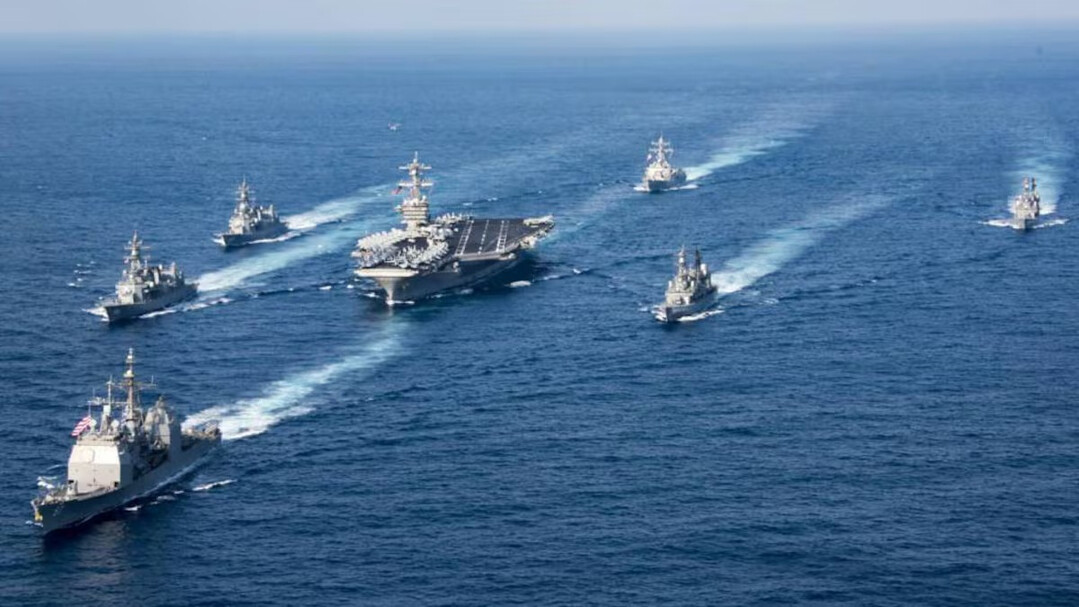
Criticism is mounting over the Donald Trump administration's expansion of military operations in the Caribbean. Over 60 non-governmental organizations (NGOs), including civil, religious, and human rights groups, labor unions, and foreign policy analysis institutes, sent a letter to the U.S. Congress last Wednesday (local time) urging a halt to the operations. The letter specifically characterized U.S. military attacks on presumed drug transport vessels from Venezuela as "extrajudicial executions of unidentified civilians," expressing grave concern over the escalating risk of war with Venezuela.
Warning of 'Extrajudicial Executions' and 'Risk of War'
The NGOs stated that the U.S. military operations have so far destroyed at least four vessels and, according to a White House announcement, resulted in 21 deaths. They emphasized that the Trump administration has failed to provide a valid legal justification for these attacks or present evidence to support the claim that the victims posed an immediate threat to U.S. security.
The letter warned that "if Congress does not act decisively, more attacks and extrajudicial executions, and potentially a full and unrestricted war with one or more nations in the region, could occur, and the humanitarian and geopolitical consequences would be devastating."
War Powers Act Violation and Emphasis on Congressional Role
The signatory organizations pointed out that the operation violates the War Powers Act, enacted in 1973. This law stipulates that the President must have a "declaration of war, specific statutory authorization, or a national emergency created by attack upon the United States, its territories or possessions, or its armed forces" to commit U.S. forces, conditions the NGOs assert were clearly not met.
Accordingly, they demanded that Congress "exercise its power to declare war" and "condemn the illegal attacks." Furthermore, they called on President Trump to assume full responsibility for the attacks, investigate the identities of the victims, and provide compensation to their families. They also urged the prioritization of a diplomatic approach to solving the drug trafficking problem and the withdrawal of U.S. military deployments in the Caribbean region.
Trump Administration's 'War on Drugs' Declaration and Background
This letter comes shortly after the Trump administration informed Congress last week that it had entered a state of "non-international armed conflict" with drug cartels. The administration considers cartel members "unlawful combatants" and, in February, placed the Venezuelan-based criminal organization 'Tren de Aragua' on the State Department's list of 'Designated Terrorist Organizations.' The White House has also accused the Venezuelan government under Nicolás Maduro of leading drug trafficking criminal organizations and has offered a $50 million reward for Maduro's arrest.
However, the NGOs countered that the role of Venezuela and Tren de Aragua in drug trafficking to the U.S. is minimal. They claim that the U.S. government's own recent estimates suggest that "less than 10% of cocaine shipments bound for the United States transit through Venezuela."
Meanwhile, within the U.S. Senate, there are emerging efforts, primarily by Democratic lawmakers, to force a vote concerning the War Powers Act in response to the Trump administration's Caribbean attacks, suggesting that the conflict over the authority to use military force between the legislative and executive branches is expected to intensify.
[Copyright (c) Global Economic Times. All Rights Reserved.]




























